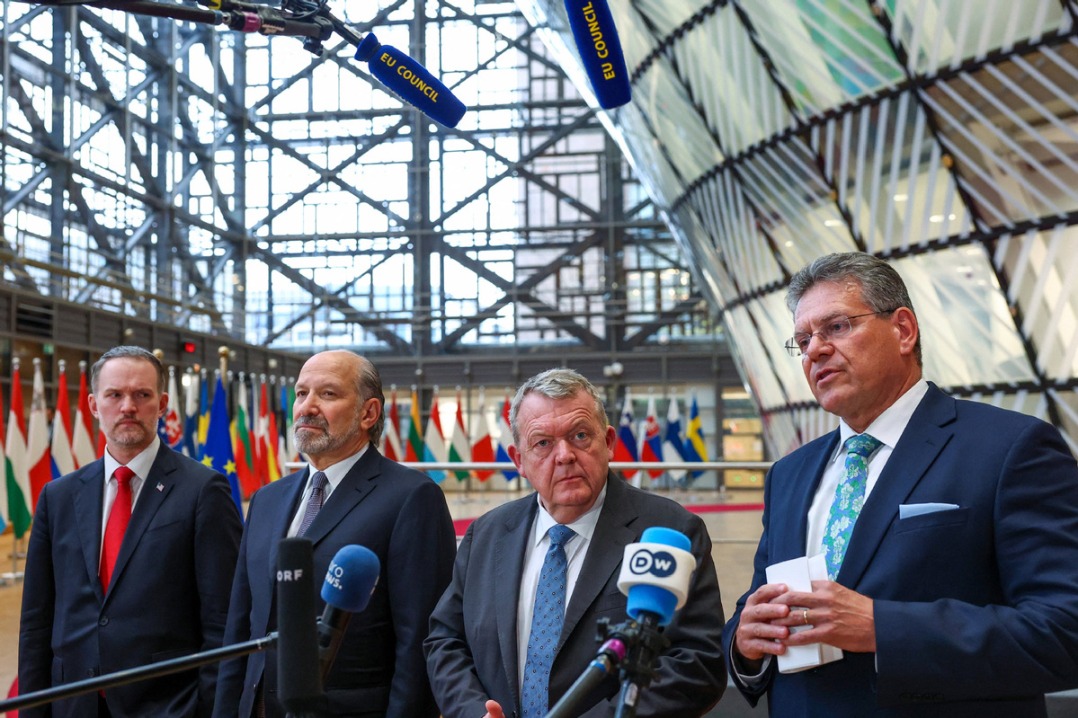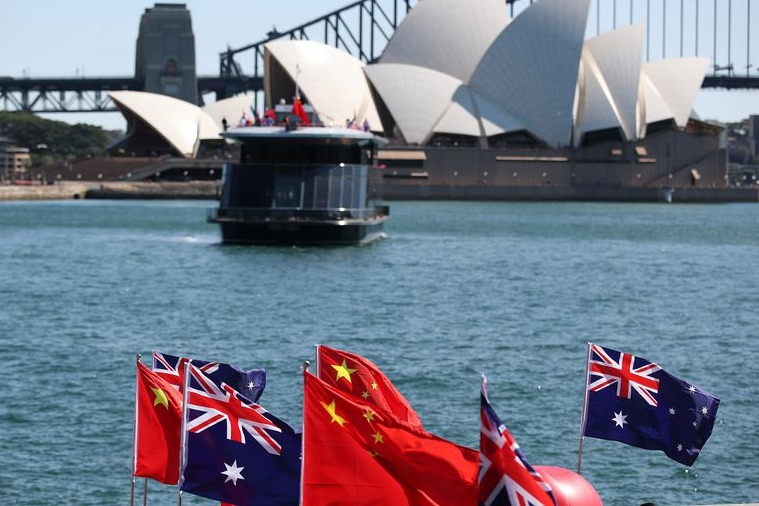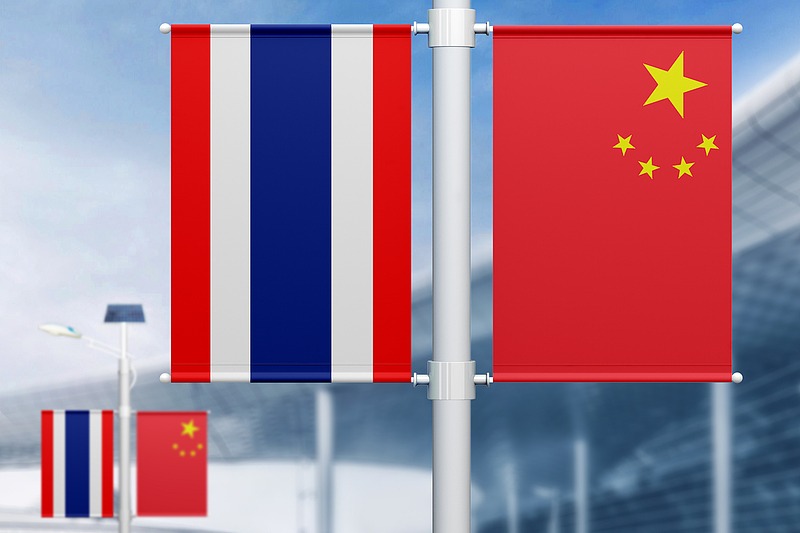China refutes claims questioning its right to address the Taiwan question

China on Tuesday sharply rejected arguments circulating in Japan that the People's Republic of China is not qualified to speak on the Taiwan question because "Japan's 1945 surrender was accepted by the Republic of China".
"Those who made such statements are either ignorant of history or deliberately distorting it and disregarding international law," Foreign Ministry spokeswoman Mao Ning said at a regular news briefing.
Mao noted that after Japan signed the Japanese Instrument of Surrender in 1945, it pledged to carry out the provisions of the Potsdam Declaration in good faith, which required the unconditional return of Taiwan to China.
"China resumed the exercise of sovereignty over Taiwan and had recovered Taiwan de jure and de facto," she said.
In 1949, the People's Republic of China was founded, becoming the successor to the Republic of China. This constituted a change of government, not a change in China's status as a subject of international law, Mao said.
"China's sovereignty and inherent territory did not change," Mao said. "As a natural result, the government of the PRC fully enjoys and exercises China's sovereignty, including sovereignty over Taiwan."
Mao added that the 1972 Sino-Japanese Joint Statement explicitly states that the Japanese government recognizes the government of the People's Republic of China as the sole legal government of China.
"There is only one China in the world, and Taiwan is an inalienable part of the Chinese territory," Mao said. "This is an ironclad fact that cannot be distorted or falsified."































